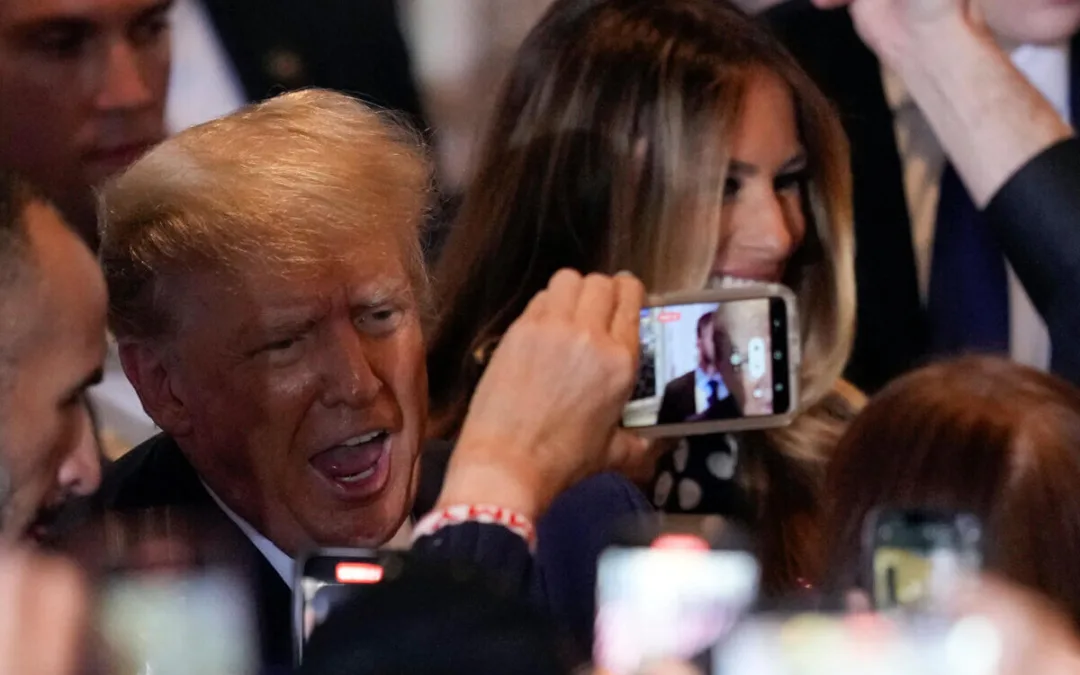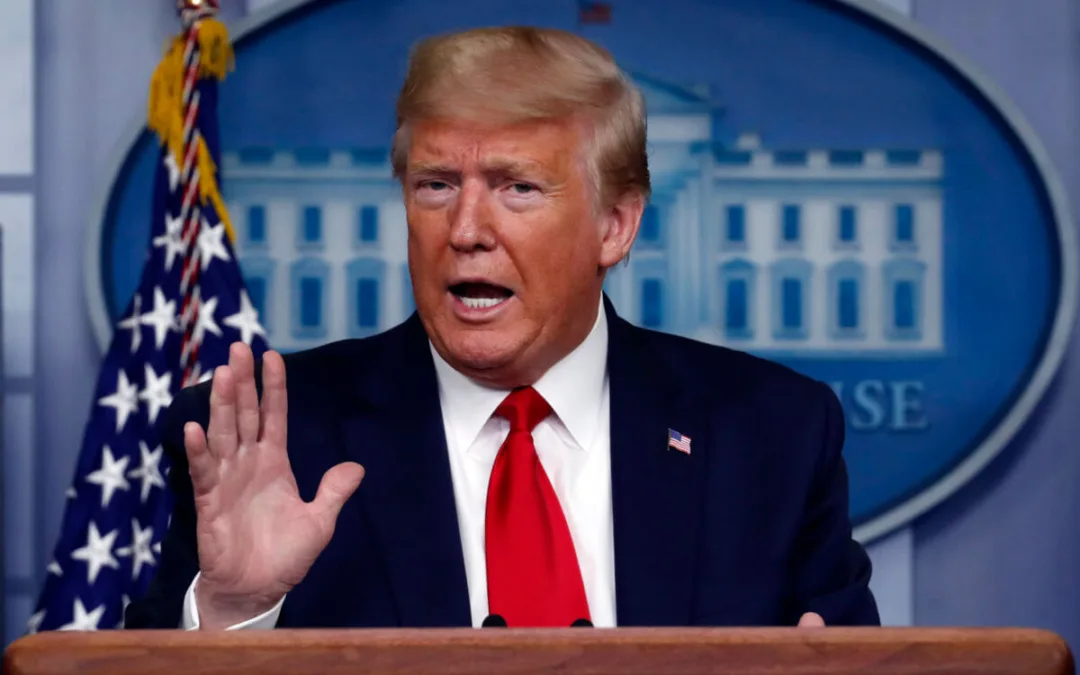
Via Twitter @Di_Age
Internet pop culture is not only fun and games. It can also sway public opinion and spawn political resistance.
The internet has changed the world in many ways, both sublime and terrible, but the one wonder it has bestowed upon us is the invention of viral memes.
Beyond entertaining us and making us procrastinate infinitely, the explosion of memes on social media can reach the level of art and it can inspire resistance and spawn social and political movements. Memes are the democratic expression of pop culture that spurs instant recognition and enjoyment by way of a universal visual or a very succinct verbal shorthand. Whether they are personal, social, or political, when they are brilliant, memes can hit a collective nerve. Photoshop has never been put to better use.
This is one of my favorite memes of all time:

It’s not only a great punchline but a great insight into our unequal American reality. This is the power of synthesis. Imagine how long it would take to express in words.
The beauty of memes is that they reach millions of people yet they are free to share and enjoy. Their power lies in their spontaneous authenticity, which is why they cannot really be commercialized. Memes that try to force their own virality are useless.
RELATED: The Best Coronavirus Quarantine Memes on the Internet (updated)
For better or for worse, memes and our reactions to them are a panoramic window into our world and into our different cultures. Here’s a tongue-in-cheek meme about how Mexicans think they can vanquish the pandemic, with the time-tested home remedies we always use for everything:

Humor is key, and by humor, I mean stuff that really tickles our funny bone. This is why memes also serve as excellent social media responses. No need to expound when you can synthesize your opinion in one ironic image. Humor is a great leveler and a great traveler. It has the power to transform.
Comedian Sarah Cooper’s brilliant video of her mimicking Trump’s ad-hoc pondering of whether we should be injecting disinfectant and light into our bodies is not merely funny, it is art. We have become so used to Trump being incoherent that we are not really that surprised when he says outrageously stupid things.
By mimicking and reenacting Trump’s infamous remarks, Cooper reveals the literal danger of his words. Her interpretation makes us recognize his words for their terrible absurdity.
Recently, a twitterer devised a pool to vote for the worst current Latin American political leader. Organized like a sports championship, it pitted Latin American leaders against each other. Hundreds of thousands of people voted until it was down to Nicolás Maduro from Venezuela and Andrés Manuel López Obrador from Mexico. AMLO won handily.
Besides the fun in participating in the voting rounds, the memes people created to root for their president to be crowned the worst were hilarious. All joking aside, this exercise also provides a window into the temperature of public opinion. I bet it is no laughing matter to the despised politicians in question.

RELATED: Ex-Green Beret: I Tried To Overthrow Venezuelan President Maduro
As a spontaneous expression of resistance and rebellion, memes can help sway popular opinion. In her book From Memes to Movements, artist and digital media scholar An Xiao Mina explains that protest movements like #BlackLivesMatter, #MeToo, and the Hong Kong protests evolved from memes, since “memes contain the seeds of narratives that can grow into stories much larger than themselves… and they allow us to more quickly develop the visual and verbal language around which movements organize”.
Memes have become an essential part of the media and they are used widely by individuals, journalists, political figures, bots, trolls, and shadowy propagandists. According to Mina, memes — whether photoshopped remixes, punchlines, videos, gifs, or hashtags — affirm and coalesce our emotions and identities.
They are extremely successful in driving public attention. They shape narratives and ultimately our culture. Conversely, they can be used by powerful interests as hotbeds of misinformation, surveillance, censorship, and hate speech, as insidious forms of propaganda that also shape people’s reactions. We’ve all seen how sinister and dangerous some of these reactions are, for instance, in the people who think that the coronavirus is a #hoax.
The ubiquity and immediacy of the internet allows the virality that distributes memes instantly and perennially among millions of people, making the popular art form of the 21st Century. As authentic, spontaneous, ingenious expressions of wit, befuddlement, outrage, social commentary and shared insight they are also a powerful tool for popular dissent.
RELATED: Former Gov. Tom Ridge Calls Anti-Lockdown Protestors ‘Self Absorbed and Selfish’
Politics

Teamsters and UPS Reach Tentative Deal to Avoid Strike, 340,000 Workers to Get Raises
The tentative deal represents a huge win for full- and part-time UPS Teamster workers, who would get significant pay raises and better working...



One Republican Senator Is Blocking 265 Military Promotions, Leaving the Marines Without a Confirmed Leader
Sen. Tommy Tuberville's decision means these military officers are not getting the pay raises they’re owed, cannot move their families to wherever...
Local News



Teamsters and UPS Reach Tentative Deal to Avoid Strike, 340,000 Workers to Get Raises
The tentative deal represents a huge win for full- and part-time UPS Teamster workers, who would get significant pay raises and better working...



One Republican Senator Is Blocking 265 Military Promotions, Leaving the Marines Without a Confirmed Leader
Sen. Tommy Tuberville's decision means these military officers are not getting the pay raises they’re owed, cannot move their families to wherever...




